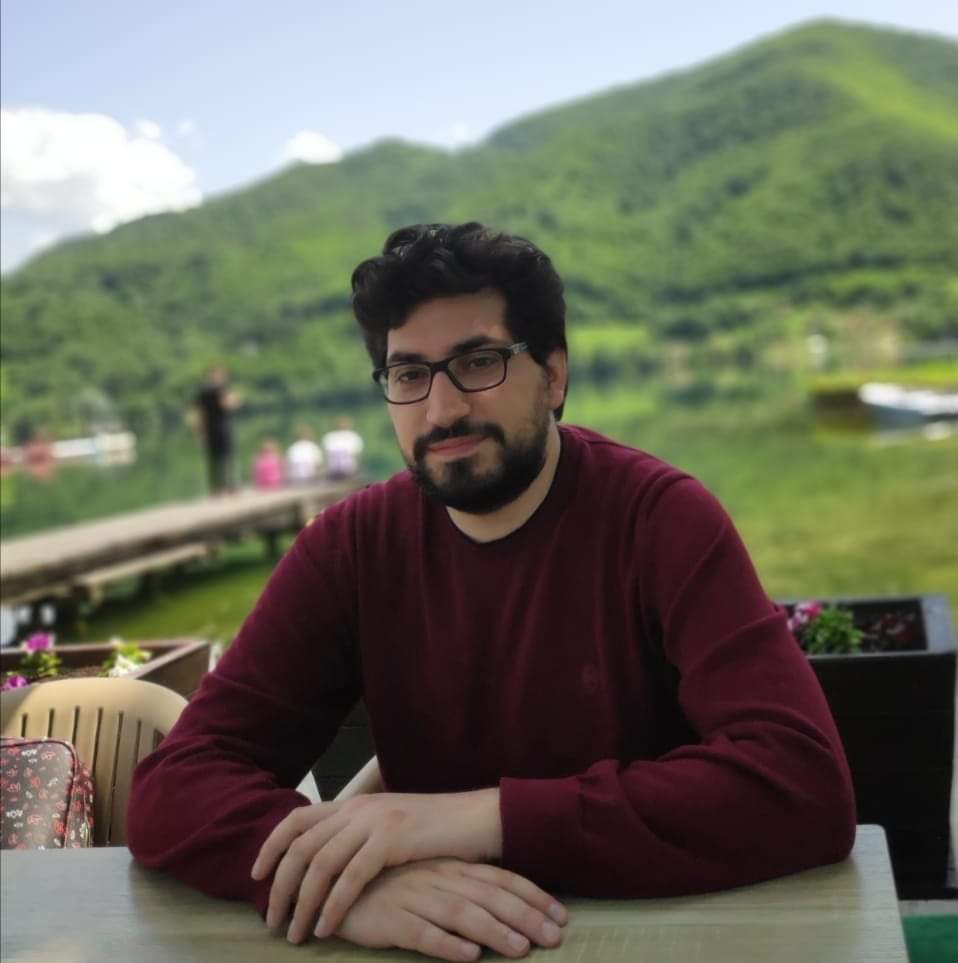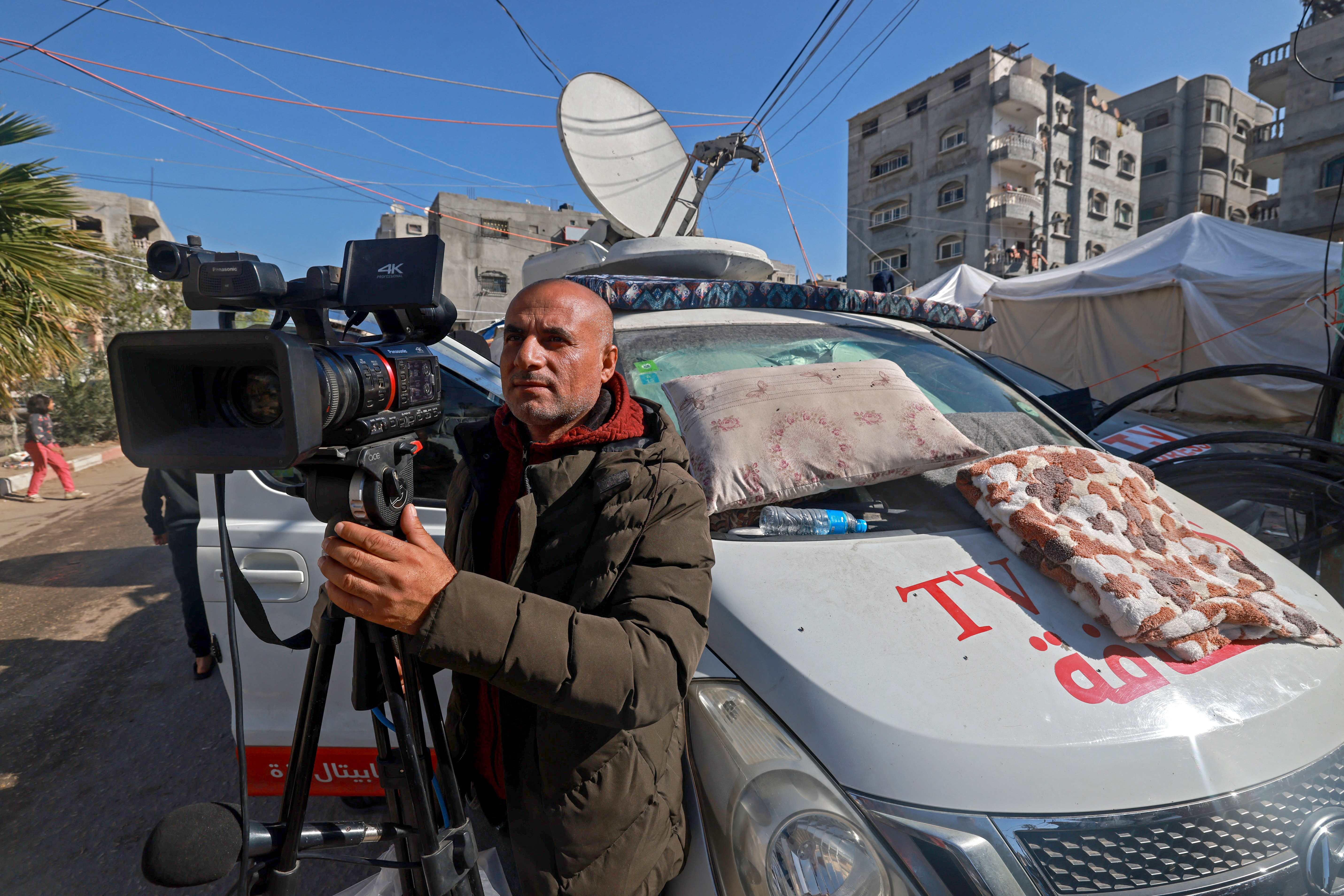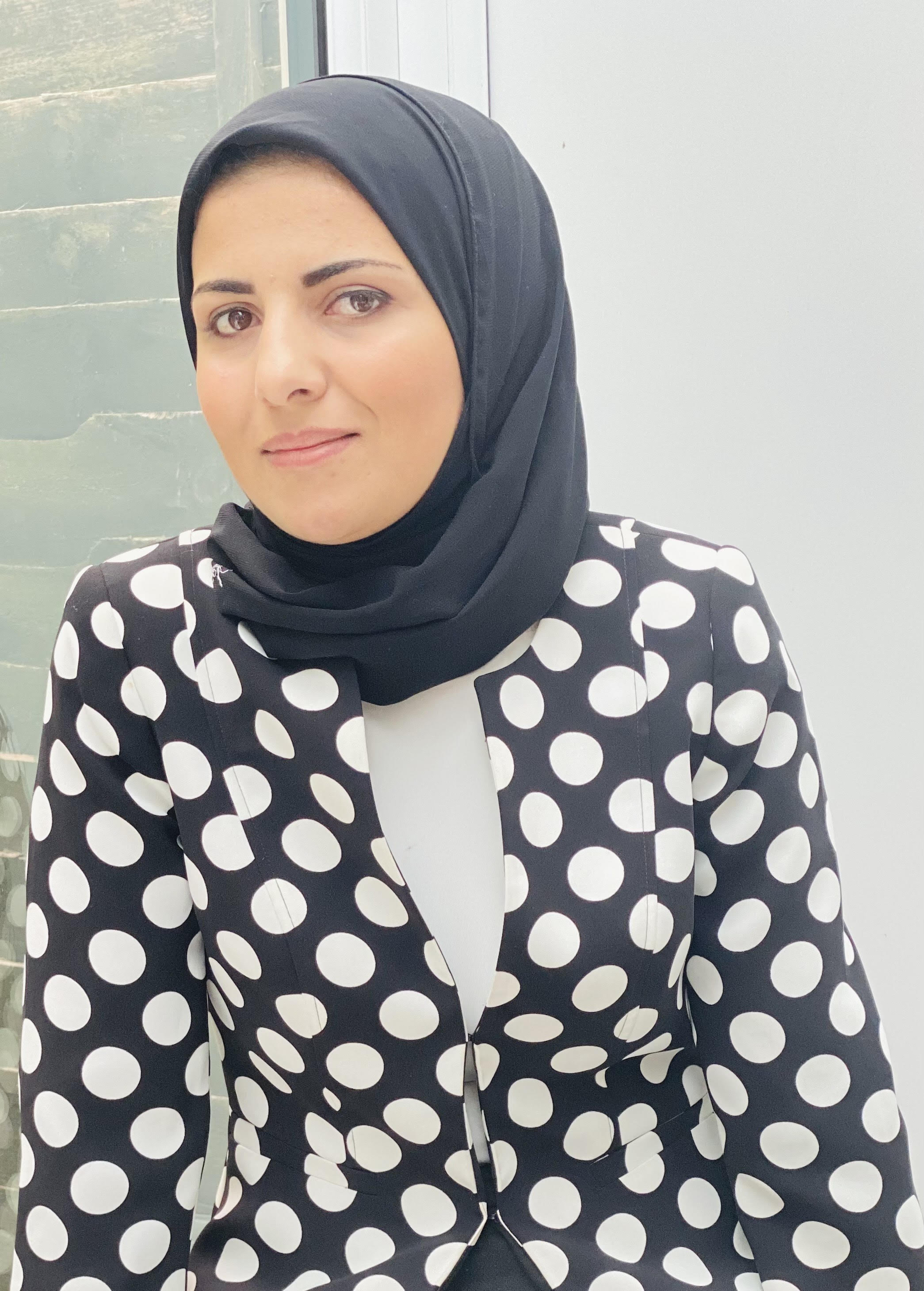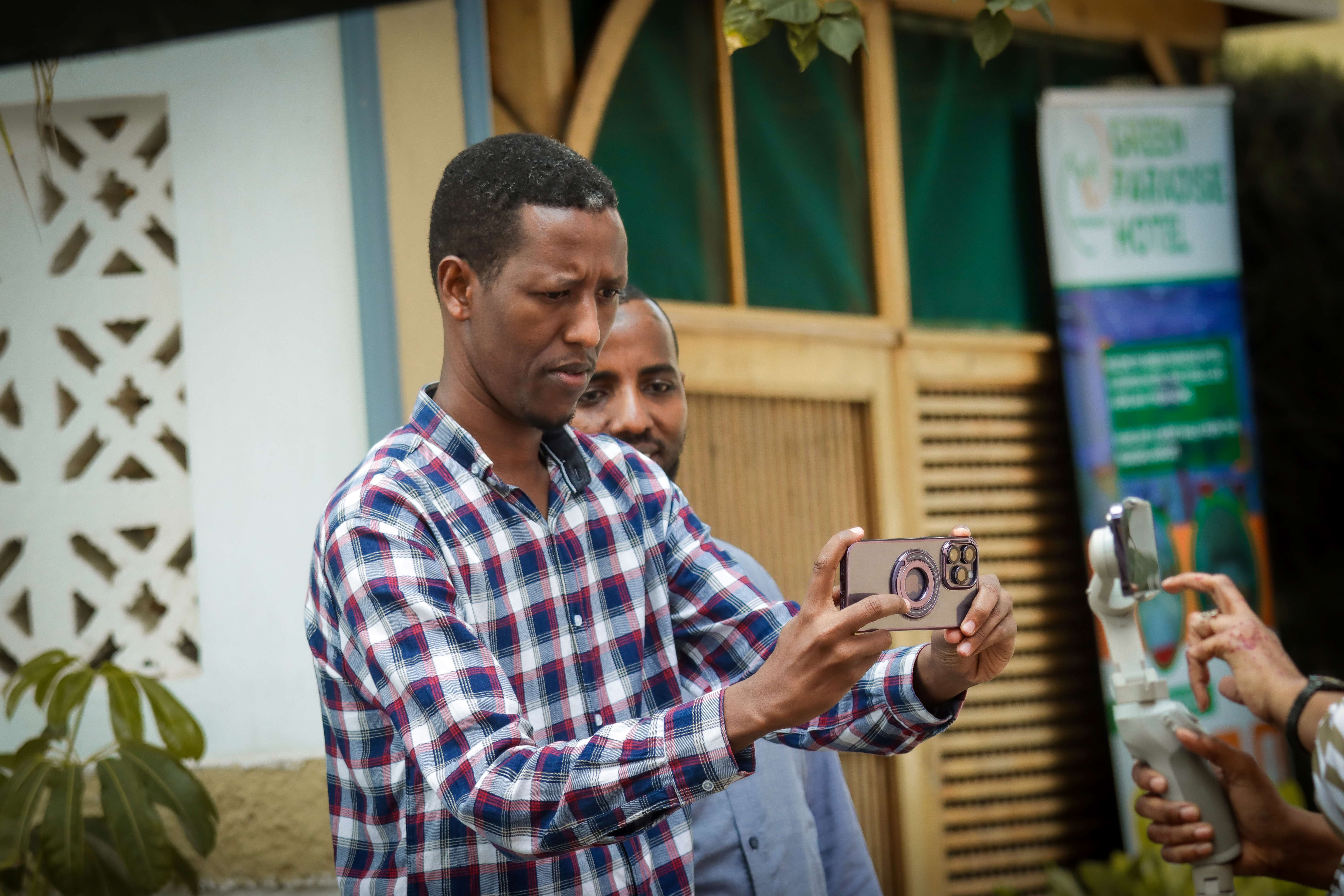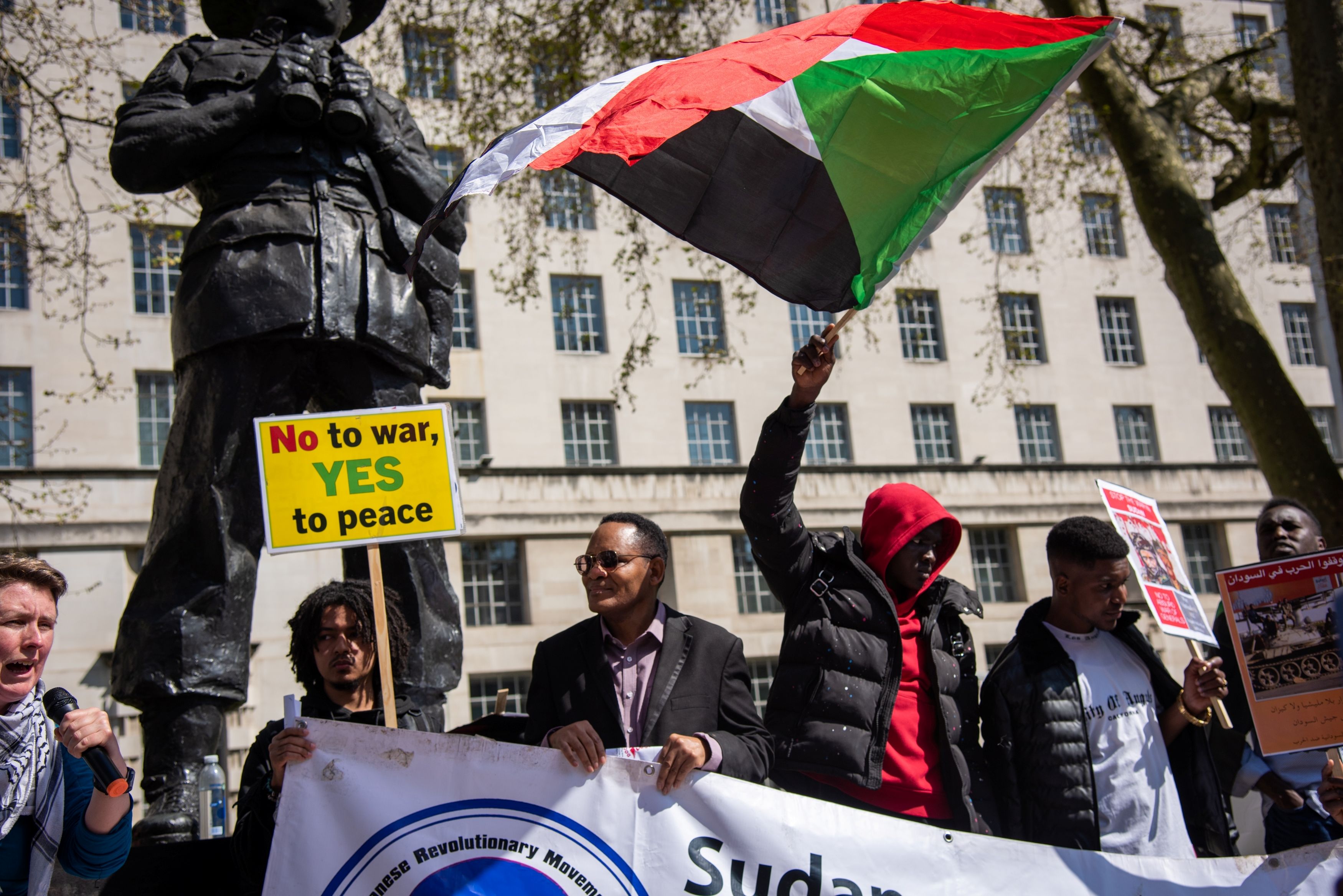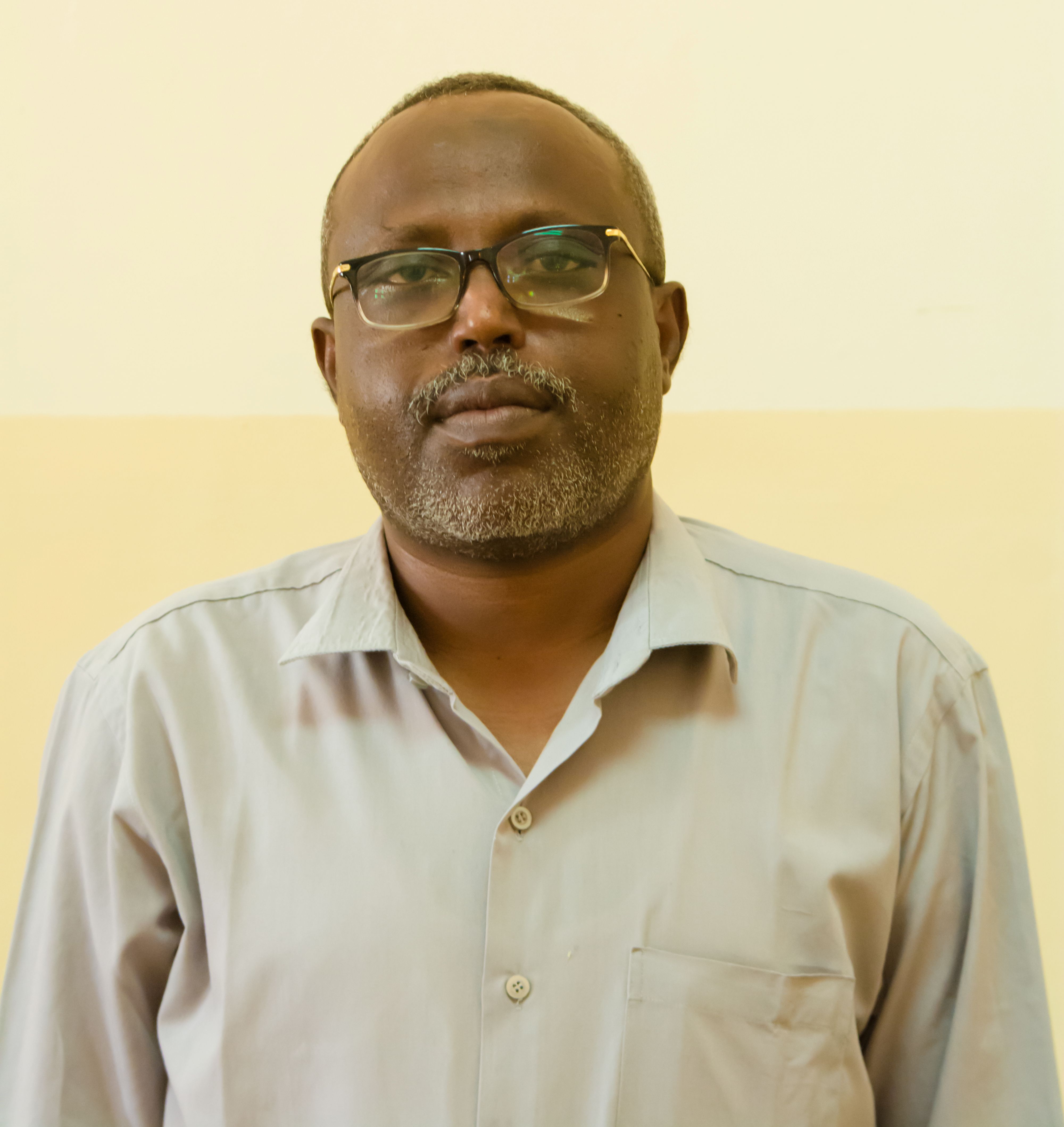تسريب المذكرة الداخلية لمستشار هيئة الإذاعة البريطانية السابق مايكل بريسكوت إلى الإعلام، هو أعنف فصل من فصول معركة السيادة على القرار التحريري في وسائل الإعلام الغربية التي وجدت نفسها أمام تحول في ديناميكيات القوة والمحاسبة داخل غرف الأخبار، منذ اندلاع الحرب الإسرائيلية على غزة في أكتوبر/ تشرين الأول 2023.
ولا يمكن فهم طبيعة هذه المعركة إذا حُصر النقاش فقط في ما وثقته المذكرة الداخلية المسرّبة بأنه "خطأ" ارتكبه فريق بي بي سي أثناء تحرير مقاطع من خطاب الرئيس الأميركي دونالد ترامب يوم الهجوم على الكونغرس في السادس من يناير/ كانون الثاني 2021، وبُثت في الفيلم الوثائقي "ترامب: فرصة ثانية"؛ فالمذكرة يجب أن تخضع إلى نظرة فاحصة وأكثر شمولا تأخذ في الاعتبار ديناميكيات القوة التي تسعى إلى السيطرة على القرار التحريري في بي بي سي.
ولذلك، لا بدّ من قراءة ما يجري من خلال زاويتين: الأولى تتعلق بـ "الخطأ التحريري" في خطاب ترامب، وهي القضية التي استهل بها بريسكوت مذكرته؛ لإحداث صدمة تلفت انتباه مجلس إدارة بي بي سي إلى إخفاقات في الإدارة التحريرية. وشكّل هذا تمهيدا قويا لنقده الحاد لـ "تحيّز المنظومة" ضدّ إسرائيل في تغطية الحرب على غزة، وهو انسجام ليس عفويا مع ما يضغط من أجله اللوبي المؤيد لإسرائيل.
ومن الطبيعي أن تحظى جزئية ترامب باهتمام العالم، وتغطّي على جوانب المذكرة الأخرى خاصة أن الصحافة ركّزت على ردّة فعل الرئيس الأمريكي الكاره للإعلام، وصاحب الباع الطويل في مقارعة وسائل إعلام أمريكية عريقة، فقد استثمر ترامب اللحظة - كعادته - ليوسّع حربه ضدّ الإعلام إلى خارج حدود الولايات المتحدة.
هكذا، سارع محامو ترامب إلى مخاطبة بي بي سي مطالبين باعتذار رسمي، وهدّدوا برفع دعوى قضائية تطالب بمليار دولار تعويضا عن الضرر في السمعة. وقد استجابت بي بي سي معتذرة عما اعتبره رئيسها سمير شاه "خطأً في التقدير" لكنها رفضت التعويض. واستقال المدير العام لبي بي سي تيم دافي، والرئيسة التنفيذية للأخبار ديبورا تورنيس. لكن ذلك لم يكن كافيا بالنسبة لترامب الذي أعلن أنه سيمضي في القضية مطالبا بتعويض ستتراوح قيمته بين مليار إلى خمسة مليارات دولار.
أما الزاوية الثانية والأهم لفهم معركة التحول في ديناميكيات القوة والمحاسبة داخل غرف الأخبار الغربية فهي أنّ اللوبي المؤيّد لإسرائيل يصارع منذ عامين لإخضاع مدراء بي بي سي التنفيذيين، ويسعى للاستحواذ على قوّة القرار التحريري، لكنه فشل في تحقيق هدفه، رغم نشاطه المكثّف.
الزاوية الثانية والأهم لفهم معركة التحول في ديناميكيات القوة والمحاسبة داخل غرف الأخبار الغربية فهي أنّ اللوبي المؤيّد لإسرائيل يصارع منذ عامين لإخضاع مدراء بي بي سي التنفيذيين، ويسعى للاستحواذ على قوّة القرار التحريري، لكنه فشل في تحقيق هدفه، رغم نشاطه المكثّف.
وقد هوجمت إدارة بي بي سي التنفيذية خلال الحرب على غزة بمئات التقارير التي أصدرتها مؤسسة "كاميرا"، وهي مؤسسة تتخذ من مدينة بوسطن الأميركية مقرا لها، وتمثّل جزءا من اللوبي المؤيّد لإسرائيل، وهي كذلك متمرسة في ملاحقة وسائل الإعلام الغربية، والتنمر على إدارات التحرير فيها لإجبارها على تعديل سياساتها التحريرية بما يتوافق مع الرواية الإسرائيلية للحرب، ومحاربة الصوت الفلسطيني في الإعلام الغربي.
ولم تخفِ كاميرا غضبها من تجاهل إدارات التحرير في بي بي سي الشكاوى المتلاحقة التي أرسلتها طوال فترة الحرب، وطالبت فيها بضبط القرار التحريري في القسم العربي، وتغيير السردية إلى شكل يخدم رواية إسرائيل، والأهم: إشراك جهات خارجية في الإشراف على المحتوى.
صراع القوة والمحاسبة
المذكّرة الداخلية التي كتبها بريسكوت تنسجم في فحواها مع مضامين نحو 28 تقريرا صدرت مؤخرا عن مؤسسة كاميرا، وهاجمت بي بي سي عربي تحديدا. والملفت أن بريسكوت خصّص فقرة في مذكرته للدفاع عن استقلاليّته أمام مجلس إدارة بي بي سي حيث قال: "لم أكن يوما عضوا في أيّ حزب سياسي، وليس لدي آراء ثابتة بشأن قضايا مثل السياسة الأميركية، أو النزاعات في الشرق الأوسط. وآرائي حول تعامل بي بي سي مع المواضيع المذكورة لا تندرج تحت أي أجندة سياسية".
ورغم ذلك، تبنّى بريسكوت في مذكّرته الانتقادات الشديدة الصادرة عن الجالية اليهودية وعن برلمانيين من مختلف الأحزاب في كلا المجلسين، التي وُجِّهت إلى القسم العربي في بي بي سي بسبب سجلّه في تغطية الصراع في غزة. وقال إنه "لا يوجد ما يشير إلى اعتراف علني من الإدارة التنفيذية بوجود مشاكل منهجية داخل بي بي سي عربي".
كما تجاهل بريسكوت في مذكرته الإشارة - ولو بجملة واحدة - إلى التقارير والأصوات التي تثبت تحيّز بي بي سي ضد الفلسطينيين، وخاصة الخدمة العالمية؛ إذ تعمدت تقديم سردية إنسانية عن الإسرائيليين، مقابل تجاهل جرائم الحرب التي ارتكبتها إسرائيل بحقّ المدنيين في غزة.
وفي تقريرها الأخير بعنوان ثماني قضايا مستمرة مع بي بي سي عربي الذي نُشر في 17 نوفمبر 2025، كرّرت مؤسسة كاميرا مطالبها بضرورة إجراء إصلاح هيكلي في القسم العربي في الهيئة، وتأسيس لجنة مراقبة خارجية لأدائه؛ لوجود "إخفاقات منهجية" (Systemic) في تغطية الحرب على غزة. والملفت أن بريسكوت استخدم المصطلح ذاته في مذكرته الداخلية؛ حيث قال إن الإخفاقات التحريرية في بي بي سي أدت إلى "مشكلات منهجية" (Systemic Problems) تتطلب تدخّل مجلس إدارة هيئة الإذاعة البريطانية.
ولم يتوقف تطابق الأفكار عند هذا الحد، بل تتهم كاميرا القسم العربي في بي بي سي بتعمّد "تبييض العنف" (Whitewashing of Violence) وهو ما تحدّث عنه بريسكوت في مذكرته عبر استحضاره مراجعة سابقة أشارت إلى أن بي بي سي عربي "تسعى بطريقة ما إلى تطهير البنية التحتية لحماس الإرهابية" (Sanitise Hamas’s Terror Infrastructure).
تجاهل بريسكوت في مذكرته الإشارة - ولو بجملة واحدة - إلى التقارير والأصوات التي تثبت تحيّز بي بي سي ضد الفلسطينيين، وخاصة الخدمة العالمية؛ إذ تعمدت تقديم سردية إنسانية عن الإسرائيليين، مقابل تجاهل جرائم الحرب التي ارتكبتها إسرائيل بحقّ المدنيين في غزة.
وتدّعي كاميرا أن بي بي سي عربي تتعمد التقليل من أهمية الهجمات التي تستهدف المدنيين الإسرائيليين واليهود أو تتعمد حجبها، و"تسيء وصف الضحايا المدنيين الإسرائيليين" (mislabeled)، وهذا مطابق تماما لما قدمه بريسكوت في مذكرته التي اعتبرت أن تغطية بي بي سي عربي تعمدت "تقليل المعاناة الإسرائيلية" (Minimise Israeli Suffering)، ورسمت صورة إسرائيل كأنها "معتدية" (Paint Israel as the Aggressor).
ويقول بريسكوت إن الخلل المنهجي في بي بي سي عربي يظهر في قرارات اختيار القصص واللغة المستخدمة فيها، وطبيعة الضيوف المتحدّثين، وغياب التوازن السردي للأحداث، وإخفاء معلومات مؤكدة، والاستناد إلى مصادر غير موثوق بها، وهو ما يتطابق أيضا مع ما أوردته تقارير كاميرا الأخيرة بأن بي بي سي عربي تستضيف أشخاصا لديهم تصريحات "معادية للسامية".
ويتقاطع غضب بريسكوت مع مؤسسة كاميرا التي ضاقت ذرعا بما اعتبرته "تجاهلا" مارسَتْه إدارة بي بي سي تجاه الشكاوى المرفوعة بشأن طريقة تغطية الحرب في القسم العربي. وقالت إن آليّة تلقي الشكاوى في بي بي سي تبدو معطّلة (Broken Complaint Process). واشتكت من أن الردود على الشكاوى المقدمة تستغرق أشهرا أو سنوات، وغالبا تنتهي بما وصفته بـ "رفض نمطي" (Formulaic Dismissals). وقد أبدى بريسكوت استياءه من طريقة تعامل إدارة بي بي سي مع المشكلات التحريرية، متهما إياها برفض الملاحظات والتبرير غير المبني على الأدلة، إضافة إلى تبنّيها سلوك التجاهل (dismissive attitude).
دور التيليغراف
إن تسريب المذكّرة الداخلية إلى صحيفة تيليغراف البريطانية ذات التوجهات اليمينية المحافظة يطرح في حد ذاته علامات سؤال؛ حيث إن للصحيفة تاريخا طويلا من العداء مع بي بي سي؛ لأسباب ترتبط بتمويل هيئة الإذاعة البريطانية من رسوم التراخيص، وسياستها التحريرية التي يرى المحافظون أنها "مسيئة" و"منحازة" لليسار.
ظاهريا، شكّل نشر مضمون المذكرة المسربة سبقا صحفيا مهمّا لصحيفة تيليغراف، إلا أن تاريخ العداء بين المؤسستين قد يعزّز الاعتقاد بأن ما جرى لم يكن عملا صحفيا بحتا، ولم يحدث بمحض الصدفة؛ فقبل أشهر قليلة هاجمت صحيفة تيليغراف تغطية بي بي سي لمهرجان غلاستونبري في يونيو/ حزيران 2025؛ بسبب هتافات وصفت بأنها تتضمن خطابات كراهية. واتّهمت الصحيفة رؤساء هيئة الإذاعة البريطانية التنفيذيين ببثّ "خطاب كراهية" خلال البث المباشر لعرض المغني بوبي فيلان الذي هتف بـ "الموت للجيش الإسرائيلي"، وطالبت الصحيفة بإجراءات عقابية بحقّ قادة التحرير في الهيئة. وبالتزامن مع ذلك، طالبت شارين هاسكل نائبةُ وزير الخارجية الإسرائيلي المديرَ العام لبي بي سي تيم دافي بالاستقالة.
التطابق الملحوظ بين مضمون مذكرة بريسكوت بشأن حرب غزة وتقارير مؤسسة كاميرا، يشير إلى أن اللوبي المؤيد لإسرائيل يخوض معركة شرسة يسعى من خلالها إلى إحداث تحولات لصالحه في ديناميكيات القوة والمحاسبة داخل غرف أخبار المؤسسات الإعلامية الغربية.
تكشف الهزّة التي تعرّضت لها بي بي سي جراء تسريب المذكرة الداخلية ونشرها معركةً شرسة للاستحواذ على القرار التحريري في المؤسسة. ولعل التطابق الملحوظ بين مضمون مذكرة بريسكوت بشأن حرب غزة وتقارير مؤسسة كاميرا، يشير إلى أن اللوبي المؤيد لإسرائيل يخوض معركة شرسة يسعى من خلالها إلى إحداث تحولات لصالحه في ديناميكيات القوة والمحاسبة داخل غرف أخبار المؤسسات الإعلامية الغربية.
ورغم أن تغطية بي بي سي لحرب غزة لم تكن منصفة للفلسطينيين، وظهر فيها التحيز لإسرائيل في مواقف عدة أثبتتها تقارير ودراسات رصدت مضمون التغطية، فإن اللوبي الصهيوني لا يكتفي بتجاهل رواية الفلسطينيين فقط، بل يقاتل من أجل هندسة السرديات في وسائل الإعلام الغربية بما يتفق مع مصالح إسرائيل، وبما لا يفتح مجالا لأي انتقاد.
ولعل إصرار ديبورا تورنيس الرئيسة التنفيذية السابقة لهيئة الإذاعة البريطانية - بعد يوم من استقالتها - على التأكيد على أن بي بي سي "ليست متحيزة مؤسسيا" ينطوي على وعي بتفاصيل المعركة ومن "أين جاءت الطعنة"؛ حيث قالت: "هيئة الإذاعة البريطانية ليست متحيزة مؤسسيا، ولهذا السبب تعتبر مزوّد الأخبار الأكثر موثوقيّة في العالم".
والملفت أنه عندما سُئلت عن سبب عدم التعامل مع الأخطاء بما في ذلك تلك المتعلقة بترامب ومعاداة السامية وحقوق المرأة، أجابت قائلة: "أنا متأكدة من أن هذه القصة ستتكشّف". فهل تعرف تورنيس تفاصيل أخرى عن دور اللوبي المؤيد لإسرائيل؟






















